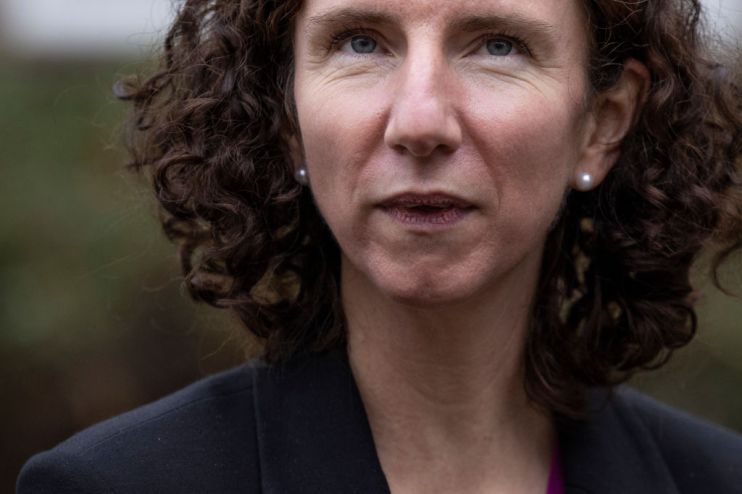Labour’s Anneliese Dodds to call for ‘responsible fiscal framework’ in major speech

Shadow chancellor Anneliese Dodds is set to make a definitive break from Jeremy Corbyn-era economic policies in a speech that will commit Labour to “responsible” government spending.
Dodds will also urge Rishi Sunak to delay paying of fiscal policy cutbacks or tax increases until the UK’s economy has recovered from Covid, which has been the suggested response by institutions like the International Monetary Fund (IMF).
Dodds will tonight be the first ever woman to deliver the annual Mais Lecture at City University, which is one of the year’s major economic addresses.
The shadow chancellor will highlight the need for Labour to outline a “responsible fiscal framework”, which is in stark contrast in tone to the language of former shadow chancellor John McDonnell.
McDonnell’s expansive economic policy included £83bn a day of spending commitments and widespread increases on income and corporation tax.
Dodds is expected to say: “We need a more resilient economy that can only be achieved through responsible economic, fiscal and monetary policy.
“If we are to deliver a resilient, jobs-rich recovery from this crisis and a stronger, better future for the 2020s and beyond, we must make effective use of all economic policymaking levers at our disposal.
“That means an independent Bank of England setting monetary policy, a responsible government using fiscal policy to ensure public money is spent effectively and wisely and action to improve resilience, including in the face of the climate crisis, and to deal with challenges to our economic competitiveness.”
Dodds will also call for no new tax rises or spending cut backs to claw back some of the £280bn spent on the Covid pandemic by Rishi Sunak.
The shadow chancellor will also advocate stoking the UK’s economic recovery primarily through government fiscal policy and not Bank of England monetary policy.
In a further trail of her speech, she told the Financial Times she will say that another era of David Cameron-like austerity would “exacerbate inequality and concentrate economic gains in the hands of those who were already asset-rich, at the expense of those who rely on income from their labour”.
This is in stark contrast to the chancellor, who told City A.M. that he had to ensure that finances were brought back into a “sustainable” position.
“Over time I think it’s important public finances are sustainable and lots of people have slightly different versions of what sustainable looks like, but I think they agree it should be sustainable over time and that’s something I have to have regard to as the person responsible for the nation’s finances,” he said.